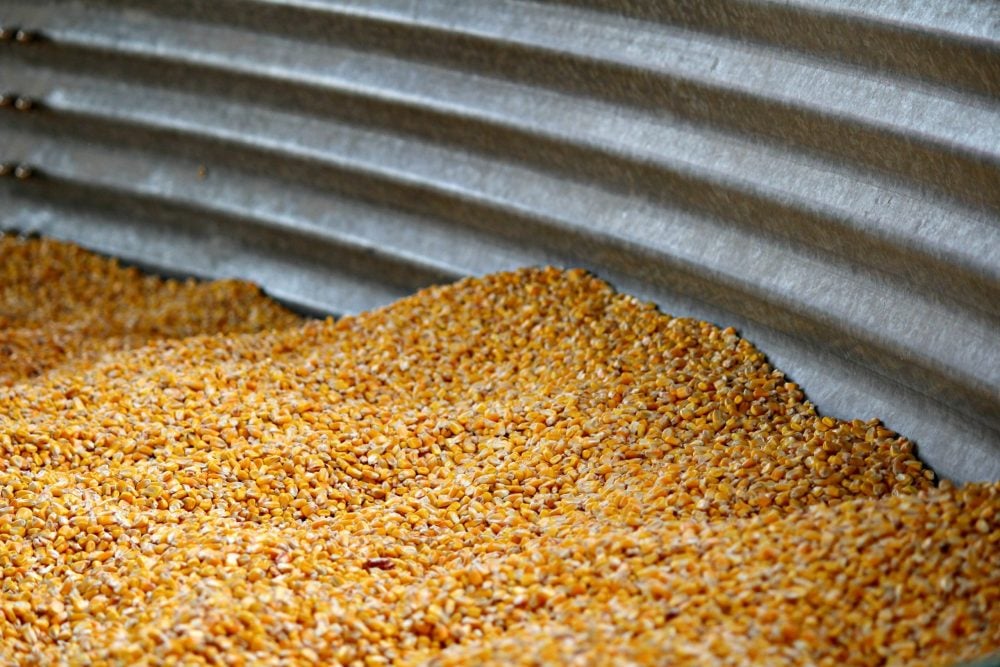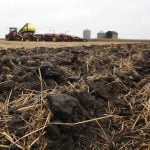MarketsFarm — With no clear end in sight to the dispute between China and Canada over Canadian canola, producers are anxious to know how and when they might access support programs to maintain cash flow.
Since plans to help canola growers through expansions to the federal Advance Payments Program (APP) were announced May 1, there has been little movement toward resolution between the two countries.
On a conference call, federal Agriculture Minister Marie-Claude Bibeau noted Canada has offered to send a technical delegation to China to further investigate China’s claims of pests in Canadian canola seed, but China’s ministry of agriculture has yet to respond.
Read Also

Feed Grain Weekly: Demand, activity slowly rising
While demand and activity is slowly ramping up for the fall cattle run, feed grain prices are currently in decline, said a Lethbridge, Alta.-based trader.
“We are ready to engage in-person, and we strongly urge China to join us in finding a solution,” she said.
Producers are concerned that the Chinese market may be closed for a prolonged period of time, and are wondering when the promised APP expansion may be available.
“I wish it was a matter of weeks, but it could be a couple of months,” said Bibeau.
Currently, there is no date in place when producers can apply for the expanded APP. “I can’t assure you of a specific date, but we are putting it on the fast track, she said.
Bibeau emphasized the importance of thoughtfully implementing support systems, in order to not distort canola markets.
“It’s more important to bet on stability and predictability,” she said. “Working in a way that can provide stability is of much higher value than reacting for short periods.”
Of the APP expansion delay, Luc Berthold, the federal Conservatives’ agriculture critic, said in a letter to Bibeau released Thursday it’s “unacceptable that the only concrete measure that your government has taken to help canola producers is stalled.”
For canola producers, he wrote, “under the current circumstances, three weeks is like an eternity.” He said it’s “irresponsible for (Bibeau) to make an announcement and not be able to follow through in a timely manner.”
Should the situation worsen, Bibeau said her department is “open to reconsidering” expansions to other support programs, such as AgriStability, the income stabilization program funded jointly by producers and federal and participating provincial governments.
A prolonged stalemate between Canada and China on canola could impact farm supply chains, requiring additional on-farm crop storage — another cost consideration.
While details of specific strategic initiatives aren’t public information, Bibeau was confident in Canada’s ability to find a resolution.
“We know our canola is world class, high quality, and produced with the highest standards. That’s why it has become Canada’s top agricultural export.”
— Marlo Glass writes for MarketsFarm, a Glacier FarmMedia division specializing in grain and commodity market analysis and reporting. Includes files from Glacier FarmMedia Network staff.
















